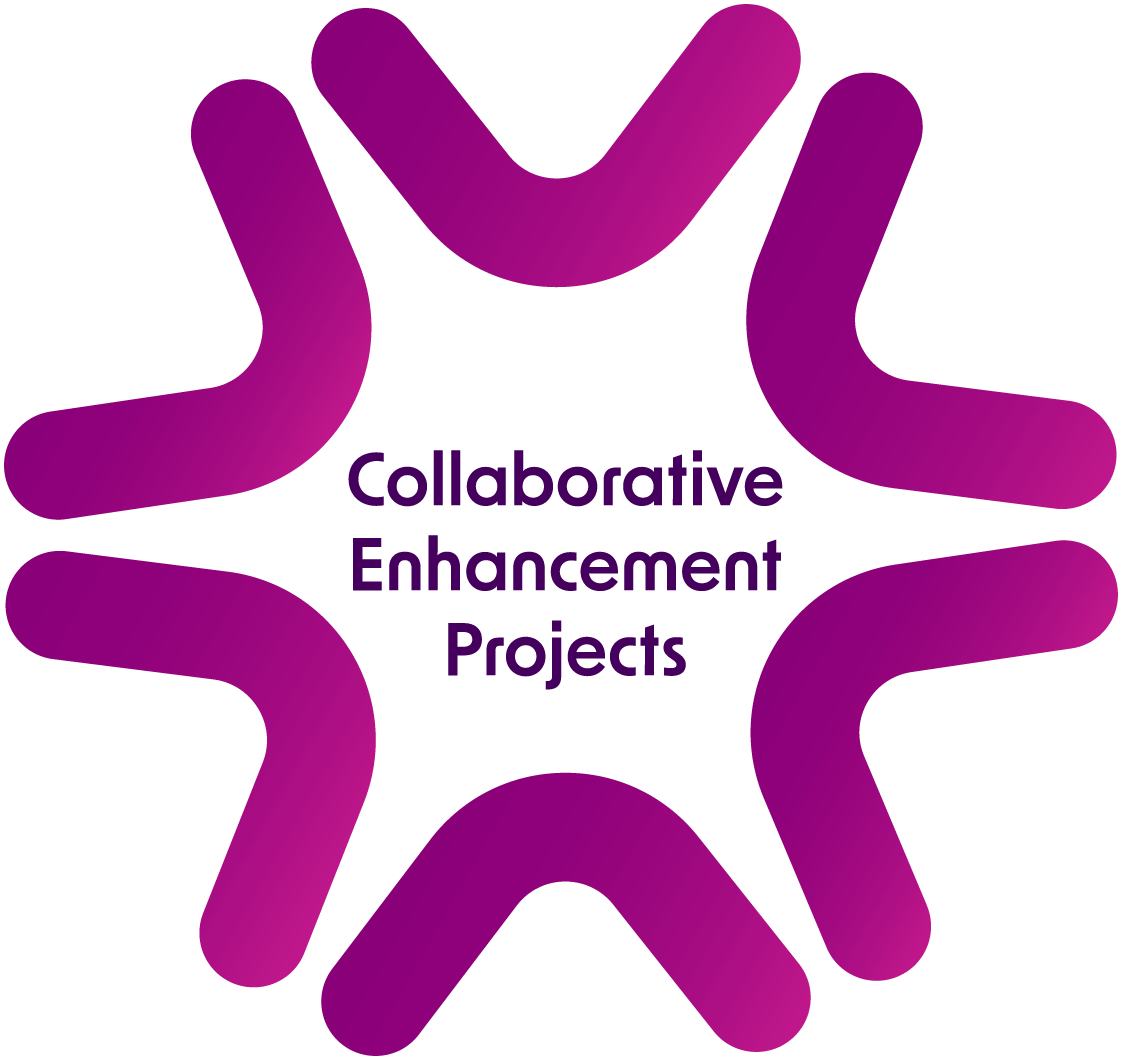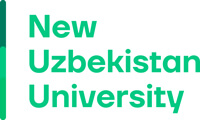
This Collaborative Enhancement Project promotes the innovative use of learner analytics to improve student engagement. The evolving landscape of higher education demands innovative ways to enhance student engagement beyond attendance and in-class participation. Traditional methods fall short in large-group, online, or blended learning. Learning analytics - measuring and analysing learner data - can offer personalised interventions, early warnings, and improved outcomes.
Project lead: New Uzbekistan University



About this project
Higher education is rapidly evolving, requiring new approaches to student engagement and learning experience.
Traditional methods- attendance, participation, and assessment - remain common but are inadequate in large-group or online teaching. Learning analytics, defined as the measurement, collection, analysis, and reporting of learner data, offers more effective solutions. By tracking engagement with resources, identifying areas for improvement, and providing early warnings, it enables tailored interventions that enhance outcomes. Despite strong evidence of its benefits, adoption remains limited. This project seeks to address these challenges by promoting best practice in the use of learning analytics to improve engagement and optimise learning environments.

Lead institution:
Gizem Uzuner, New Uzbekistan University
Partner institutions:
Ravshonbek Otojanov, Queen Mary University of London
Sanat Chuponov, Mamum University